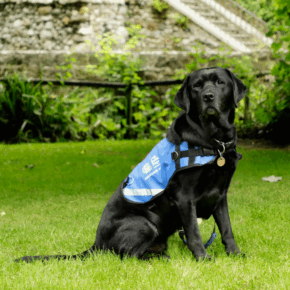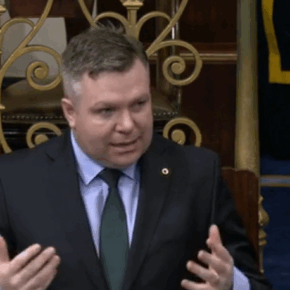Tubridy is right about bullying on the internet
Dublin People 24 Apr 2015LAST week, Ryan Tubridy described the internet as being
“like the Wild West with no sheriff
?.
The broadcaster made his comments as he launched the annual report of the Irish Society for the Prevention of Cruelty to Children (ISPCC).
Tubridy was one of the first high-profile personalities to quit Twitter back in 2011, describing it at the time as
“a curious social medium
?. He denied that it had anything to do with negative comments made about him or his shows, explaining he simply didn’t have enough time to continue tweeting.
Now at the peak of his career (in this country anyway), Tubridy seems well equipped emotionally to be able to take the brickbats hurled at his radio and television shows, even when some of the online postings seem to blur the lines between fair comment and personal abuse.
Most decent people would agree that online bullying is wrong, whether it’s aimed at celebrities, sports stars, work colleagues or fellow students.
The ISPCC’s Childline service dealt with 462,505 calls last year, with more than 1,000 related to suicide. The society revealed that over 300 children at
“urgent risk
? of suicide had contacted them.
While there was a reduction in the number of calls relating to bullying in 2014 (8,000), the ISPCC remains concerned about the risks posed to children online.
Ryan Tubridy, who is an ISPCC ambassador, rightly pointed out that bullying today is
“access all areas and all day
? thanks to the internet.
For young people subjected to cyber abuse, there is no place to hide. It doesn’t help that teenagers can be highly secretive by nature and often refuse to give their parents access to passwords for their phones, PCs or tablet devices. In many instances, questions about about sudden mood changes or behavioural issues could be answered by accessing an adolescent’s social media accounts.
By giving in to our teenagers’ tantrums and allowing them unsupervised access of their smart phones, we have exposed them to a world far more dark and sinister than the schoolyard bullying we may have endured in our own childhoods.
If parents are to lead the fight against online bullying, that fight has to begin at home: monitoring internet access; restricting gadget time, particularly at night; and getting your teenagers to hand over those precious passwords.
Hopefully they’ll thank you for it some day.
To contact Childline, text
‘help’ or
‘bully’ or
‘talk’ to 50101 or by phone 1800 666666, free of charge. To find out more information on the ISPCC’s anti-bullying Shield campaign, go to www.ispcc.ie/shield











